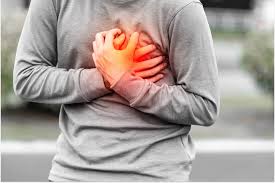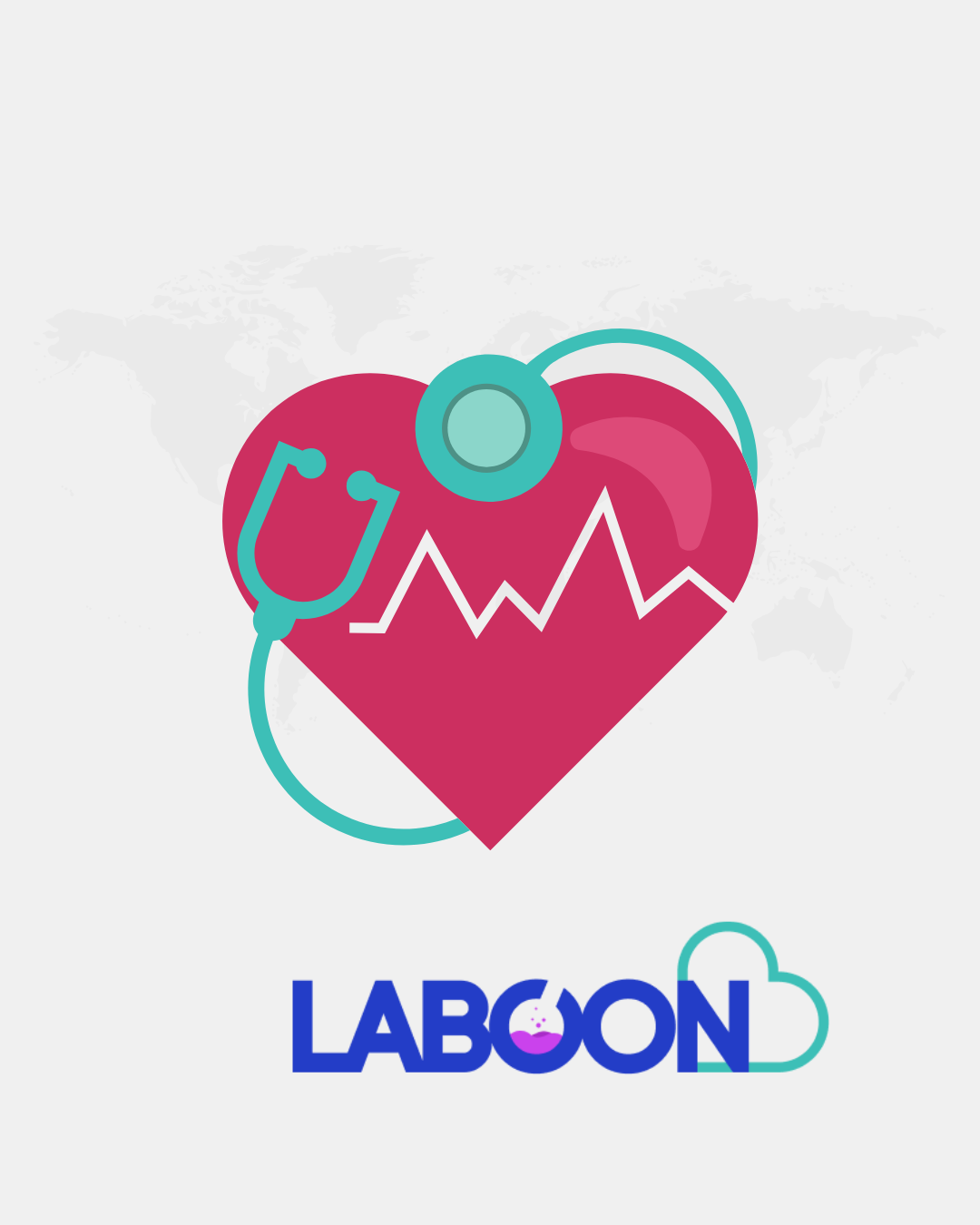It starts as a whisper.
A tightness. A weight. Maybe just a discomfort under your left rib cage. You brush it off — “must be gas” or “just stress.” But then the whisper turns into a storm: pressure in your chest, sweating, shortness of breath, maybe even pain radiating down your arm.
And suddenly, time slows down.
“Is this a heart attack?”
Breathe. Panic won’t help, but action might save your life. Here’s what to do — immediately.
🛑 Step 1: Stop Everything
If you’re walking, talking, working, arguing — stop. Sit or lie down with your head slightly elevated.
Why? Because movement can increase your heart’s oxygen demand. You need to conserve every beat now.
📞 Step 2: Call Emergency Services (Don’t Wait!)
In India: Call 108
In the US: Call 911
Don’t call your cousin. Don’t Google for symptoms. Call an ambulance.
Why not drive yourself? Because a cardiac arrest could hit at any moment, and losing consciousness while driving can turn one emergency into two.
💊 Step 3: Take an Aspirin (If Not Allergic)
Chew one full-strength aspirin (325 mg) slowly while waiting for the ambulance.
✔️ Medically proven: Aspirin thins the blood and can help break the clot causing the heart attack.
Not paracetamol. Not your multivitamin. Just aspirin.
💓 Step 4: Stay Calm and Monitor
Keep track of:
- Pain location and whether it spreads to arm, back, jaw
- Breathing — are you gasping or unable to take a full breath?
- Sweating or dizziness
If someone is with you, ask them to note the time when symptoms started — this helps doctors decide the treatment window.
🧍♂️ What If You’re Alone?
- Call emergency services using speaker mode.
- Unlock your door so help can get in.
- Don’t lie flat — prop yourself up.
- Keep breathing — slowly. In through your nose, out through your mouth.
- Coughing myth? Some blogs suggest coughing hard to “restart the heart.” Don’t rely on this. It’s not backed by solid evidence.
🚫 What Not to Do
- Don’t drive yourself unless there’s absolutely no one else.
- Don’t wait it out — most heart attack deaths happen within the first hour.
- Don’t drink water hoping it will “wash it down.”
- Don’t ignore it because it’s “probably acidity.” Better safe than sorry.
❤️ Aftermath: In the Hospital
Doctors will do:
- ECG to confirm if it’s a heart attack
- Blood tests for cardiac enzymes
- Oxygen and IV medications
- Possibly an emergency angioplasty or clot-busting injection
You just need to reach them in time.
🙋♀️ Frequently Asked Questions (FAQs)
❓ What does a heart attack feel like?
- Pressure, squeezing, or fullness in the chest
- Pain in left arm, neck, jaw, or upper back
- Nausea, cold sweats, lightheadedness
- Not always sharp pain — often feels like “an elephant sitting on your chest”
❓ Can acidity or gas feel like a heart attack?
Yes, they can mimic it. But if you’re not 100% sure, treat it as a potential heart attack. Let a doctor decide.
❓ I’m young and fit — can I still get a heart attack?
Yes. Stress, smoking, poor diet, and genetics don’t check your birth certificate. Heart attacks are now striking people in their 30s and 40s too.
❓ Should I take Disprin instead of aspirin?
If that’s what you have, and it contains acetylsalicylic acid, yes. Chew it slowly and call emergency services.
❓ What if my ECG is normal but I still feel pain?
Some heart attacks (like NSTEMI) may not show up clearly on an ECG at first. Insist on blood tests and monitoring.
🧠 You’re Not Overreacting
If your chest feels like something’s wrong, it probably is. It may not be a heart attack, but that’s not your job to figure out. You have one job: Survive.
Call. Chew. Breathe. Let the experts take over.
Because seconds can mean survival. And no one ever regrets calling the ambulance — they only regret not calling soon enough.




